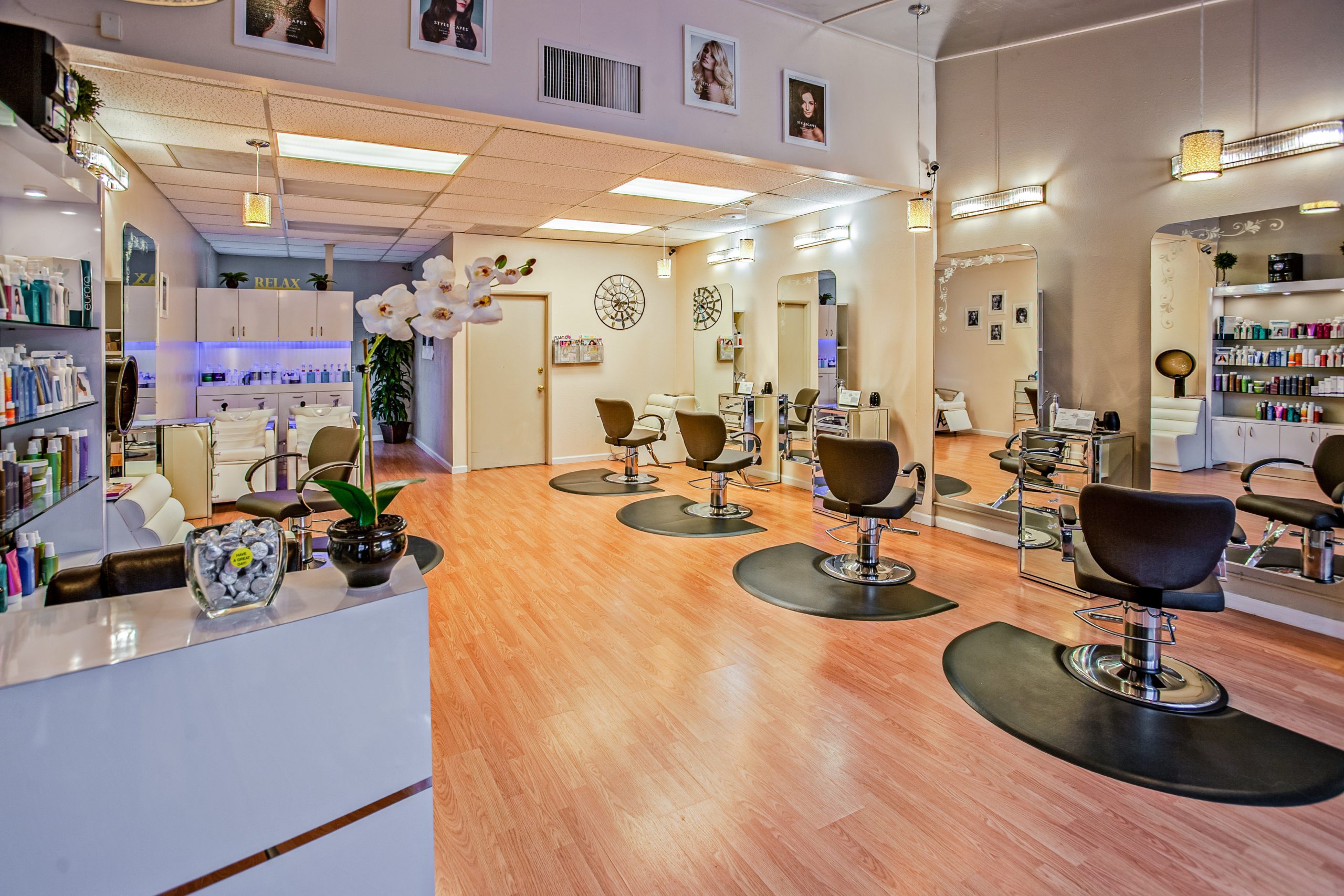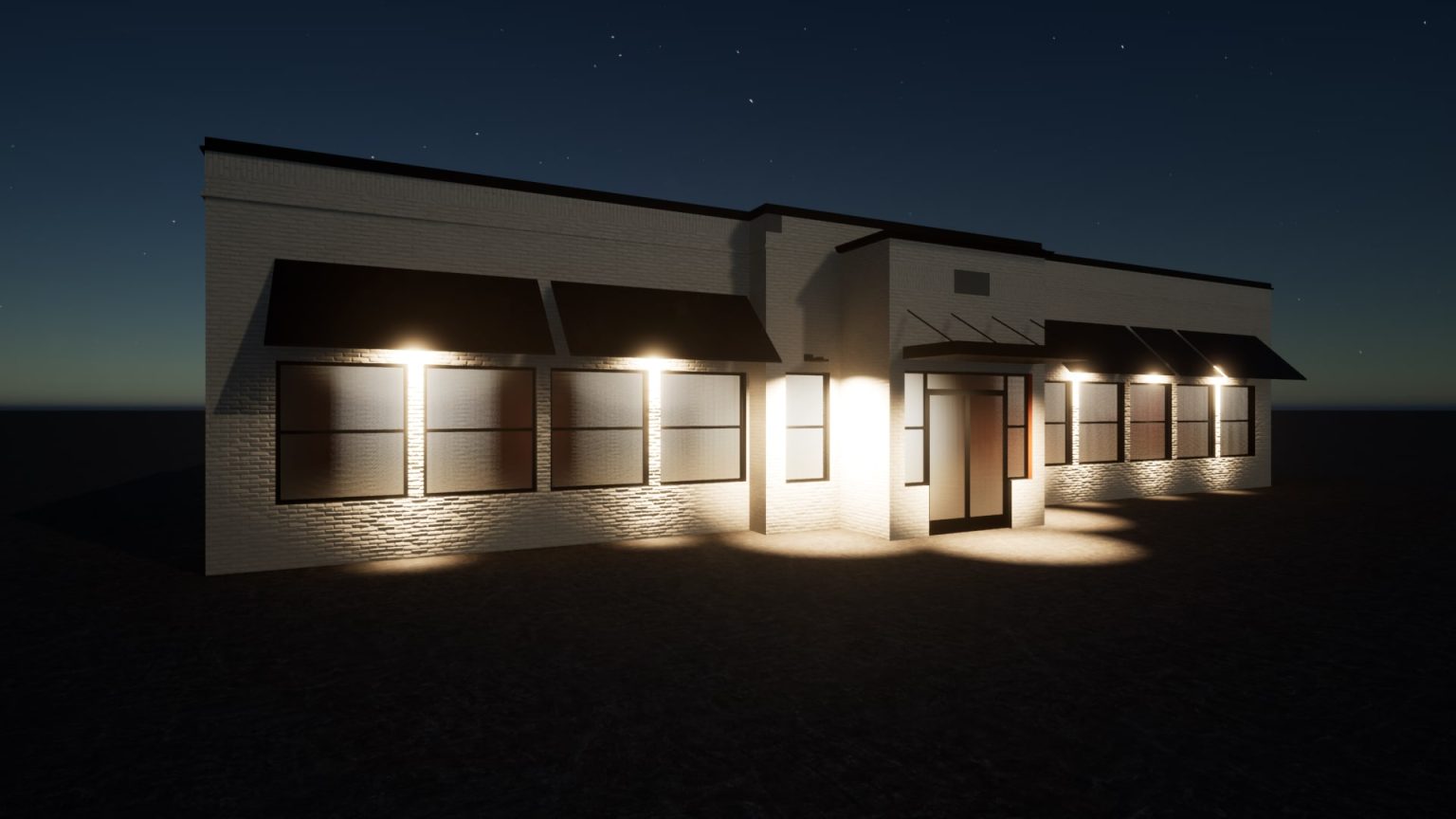Strategic Choices: Evaluating the Benefit of Renting Versus Possessing a Beauty Parlor Space to Maximize Long-Term Success and Financial Stability
When it involves establishing a hair salon service, among the important decisions that proprietors have to very carefully consider is whether to lease or possess the space in which they run. The choice between renting out and owning a beauty parlor area can have a substantial effect on the long-lasting success and economic health of business. Variables such as operational versatility, economic implications, and financial investment potential play a critical role in this tactical decision-making procedure. By discovering the advantages and disadvantages of each choice, hair salon owners can make informed options that line up with their organization objectives and aspirations.

Pros and Disadvantages of Leasing
When thinking about the decision in between leasing a beauty salon space or possessing one, it is vital to evaluate the pros and cons of renting to make an enlightened option. One primary benefit of leasing a beauty parlor space is the adaptability it uses. Leasing enables hair salon proprietors to evaluate various places or upscale their company without the dedication of a long-lasting mortgage. In addition, leasing usually includes less ahead of time expenses, making it a more obtainable choice for brand-new beauty salon proprietors or those with budget constraints.

Financial Aspects to Consider

Considering the economic implications of leasing a hair salon space versus having one is crucial for making a well-informed company choice. When evaluating the financial aspects, it is critical to assess the initial expenses related to each alternative. Renting out a salon space usually calls for a down payment and monthly rent payments, whereas owning involves a deposit, home loan repayments, real estate tax, and maintenance expenditures.
Moreover, the long-term financial implications differ in between renting out and possessing. Renting out gives adaptability yet might cause greater cumulative expenses with time because of rental rises. On the other hand, owning a salon area uses prospective equity growth and the opportunity to build properties. It is essential to perform a cost-benefit evaluation to identify which option straightens ideal with your monetary goals and organization approach.
Renting may supply lower in advance prices, allowing you to assign even more sources to marketing and company development. Evaluating these monetary aspects comprehensively will help you make a calculated choice that maximizes your salon's long-term success and monetary feasibility.
Functional Adaptability and Control
Optimal operational efficiency plays a critical role in establishing the equilibrium between flexibility and control when determining in between leasing and owning a hair salon area. Renting a salon room uses fundamental flexibility as it permits for less complicated adjustments to transforming market conditions, customer choices, or company demands.
On the other hand, owning a hair salon area gives a higher sense of control over the residential or commercial property and its operations. Proprietors have the flexibility to customize the room to their preference, implement lasting techniques without the threat of lease terminations, and possibly build equity over time. Nonetheless, ownership also includes obligations such as residential or commercial property upkeep, insurance, and property tax obligations, which can influence see page the overall economic commitment.
Ultimately, the choice between renting and having must take into consideration the wanted level of operational versatility and control that straightens with the hair salon's long-term goals and vision.
Investment Prospective in Possession
Given the functional factors to consider discussed previously, exploring the financial investment potential in beauty salon ownership drops light on the monetary implications and long-term advantages that feature having a beauty parlor area. Beauty salon ownership offers an one-of-a-kind chance for entrepreneurs to construct equity and properties gradually. By investing in a salon room, proprietors have the prospective to gain from building recognition, which can function as a beneficial property in the future. In addition, having a beauty salon provides security in regards to fixed mortgage settlements, offering predictability in economic preparation contrasted to fluctuating rental prices.
Moreover, possession enables higher control over the room, enabling owners to personalize and customize the salon to their particular brand and vision without the restraints often imposed by landlords. This level of control can boost the overall client experience and brand name identification, potentially resulting in boosted customer retention and company development.
In terms of investment potential, owning a salon area can likewise open up chances for extra earnings streams, such as renting out hair salon background extra room to various other beauty professionals or incorporating retail sales within the beauty parlor. Salon suites. These diversified income sources can add to the total economic wellness and sustainability of the organization
Long-Term Security and Development
With a concentrate on sustainability and development with time, developing long-term stability and cultivating growth are pivotal aspects of salon possession. To ensure lasting security, beauty salon owners must thoroughly consider factors such as place, market fads, and financial planning. Selecting between renting and possessing a and hair salon hair salon area plays a considerable role in establishing the organization's growth potential.
Renting out a beauty salon room provides versatility and reduced initial expenses, permitting owners to assign resources in the direction of enhancing solutions and marketing efforts. By having the area, hair salon proprietors have more control over customizing the building to fit their brand name and can profit from lasting property development.
Ultimately, the decision in between renting out and owning a salon space should align with the owner's long-term business goals and financial objectives. Whether prioritizing flexibility or equity building, a strategic approach to residential or commercial property ownership can considerably affect the beauty salon's stability and growth trajectory.
Conclusion
To conclude, the choice in between renting out and possessing a beauty parlor area needs a cautious evaluation of financial elements, operational flexibility, financial investment possibility, and lasting security. Both choices include their own collection of benefits and downsides, and it is crucial for beauty parlor owners to weigh these variables to enhance long-term success and financial stability. Hair salon for rent. Ultimately, the selection between renting and possessing must be based on a comprehensive evaluation of private organization goals and circumstances